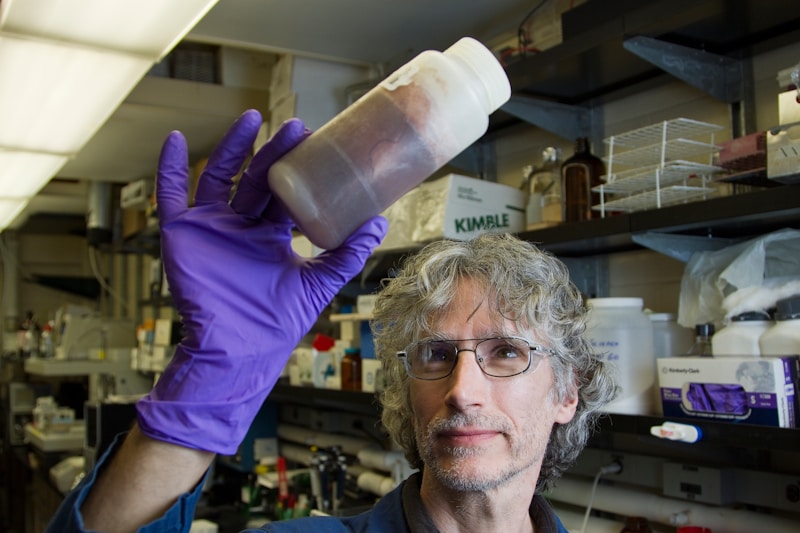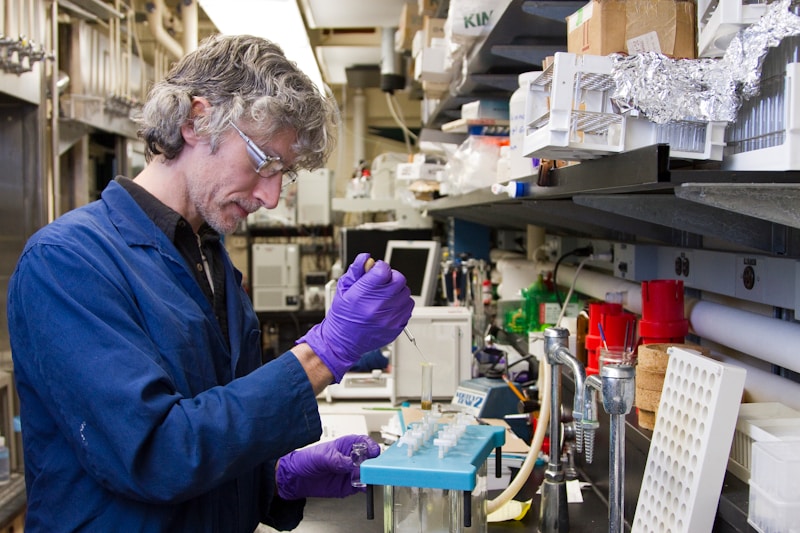3 Questions
Define homeostasis in the context of physiology.
Maintenance of a stable internal environment
What is the relationship between the structure of an organ or organ system and its function within the organism?
Structure and function
Explain the term 'ecosystem' in the field of ecology.
A community of interacting organisms and their physical environment
Study Notes
Biology: The Science of Life
Biology is a vast and complex field of study that explores the diversity and unity of living organisms. It encompasses a wide range of subtopics, including genetics, physiology, and ecology, which together provide a comprehensive understanding of the living world.
Genetics: The Study of Heredity
Genetics is the branch of biology that studies the inheritance of traits from parents to offspring. It focuses on the interaction between genes and the environment, as well as the effects of genetic variations on organisms. Some key concepts in genetics include:
-
DNA: The genetic material that carries the information for the development and function of all living organisms.
-
Genes: Sections of DNA that contain instructions for the development, function, and regulation of the organism's phenotype.
-
Genetic variation: The differences in DNA between individuals, populations, and species that lead to differences in traits and adaptations.
Physiology: The Functional Study of Living Organisms
Physiology is the branch of biology that studies the normal functions of living organisms in health and disease. It focuses on the molecular, cellular, and organismal levels of organization, as well as the interactions between these levels. Some key concepts in physiology include:
-
Structure and function: The relationship between the structure of an organ or organ system and its function within the organism.
-
Homeostasis: The maintenance of a stable internal environment, despite changes in external conditions.
-
Metabolism: The sum of all the chemical processes that occur within an organism, including the breakdown of food and the synthesis of new molecules.
Ecology: The Study of Organisms and Their Interactions with the Environment
Ecology is the branch of biology that studies the interactions between organisms and their environment. It focuses on the relationships between organisms, the distribution and abundance of species, and the processes that shape ecosystems. Some key concepts in ecology include:
-
Community: A group of interacting organisms sharing the same space and resources.
-
Population: A group of individuals of the same species living in the same area.
-
Ecosystem: A community of interacting organisms and their physical environment.
Biology is a fascinating and diverse field, with genetics, physiology, and ecology being just a few of its many subtopics. Each of these areas provides valuable insights into the workings of living organisms and the complex interactions between them and their environments.
Test your knowledge of the key concepts in genetics, physiology, and ecology with this quiz. Explore topics such as DNA, genes, homeostasis, ecosystems, and more.
Make Your Own Quizzes and Flashcards
Convert your notes into interactive study material.
Get started for free



